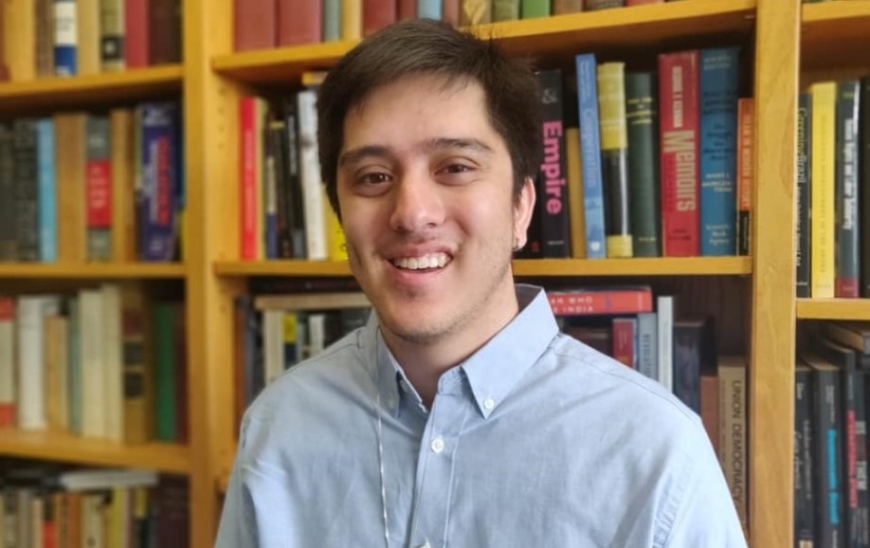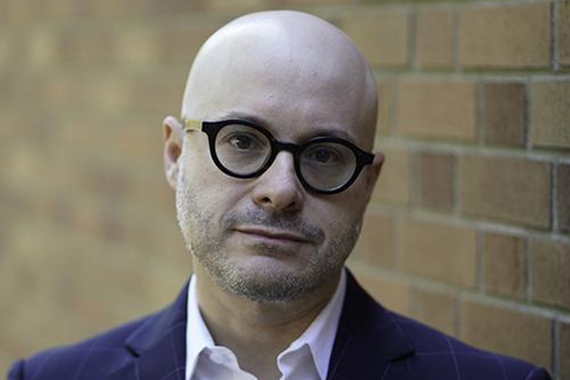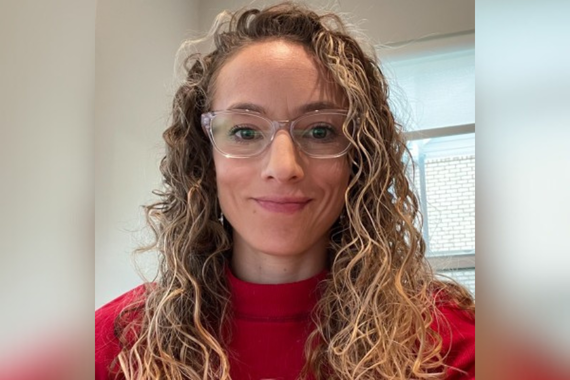Adam Lê wins University Equity and Diversity Award
At the University of Minnesota, the Graduate and Professional Scholarly Excellence in Equity and Diversity (SEED) Award honors graduate students whose research focuses on issues of equity, diversity, and social justice. One of the three graduate students chosen from across the University this year, political science PhD candidate Adam Lê, believes, “The award is important because it gives material support to people whose research makes a significant impact on the community.”
Essential in the SEED Award selection criteria, recipients need to work with under-served, underrepresented, or marginalized populations. Lê says, “The SEED award is important to me because it allows me to take that extra step in terms of having research funds to do ethical research with marginalized communities and to work towards restoring the relationship between people and researchers.”
A crucial question for Lê is how do marginalized groups interact with politics and government in their daily lives. “It feels like we know so much about official organized institutions,” Lê explains, “but still need to do more research on peoples' daily experiences with the government.”
Sometimes marginalized people don’t show up at the polls or interact with elected officials. But through his dissertation work, Lê is hoping to demonstrate “that doesn't mean that their lives and lived experience don't matter. My research will hopefully show that there are a lot of ways for people to be involved in political projects, both positively and negatively, and that these interactions should teach us a lot about how the government should and should not be working.”
Academic work for Lê is not centered around self-aggrandizement or abstract conversations. “As researchers,” Lê points out, “it's so crucial that we think about the importance and impact of our research on the communities we work with and care about.” For him that means, “not exploiting the community for personal gains and to really use my time here to lay the groundwork for material change such as policy changes by and for marginalized communities.”
Growing up in San Jose, California, his lived experience is a driving force behind the academic choices Lê has made. He has stayed in touch with people back home, because “we all knew from our firsthand experience that we interact with government and government services, albeit not in ways currently measured, so making sure my research matched our lived experiences was a key factor.”
At the University of Minnesota, Lê found “amazing scholars and community within the political science department.” People like Professors Andrew Karch, Joe Soss, and Jane Sumner have been able to give Lê “the language to put my experience and thoughts into a coherent research design, and it is through multiple classes and discussions with faculty and fellow students that I was able to clearly articulate my research ideas and topic.”
In addition to the research Lê is doing individually, he also took the lead on the American Politics Colloquium during the pandemic year. The all-virtual year led to a unique opportunity, allowing speakers to join from all across the country to discuss a wide-range of topics. “We centered social justice and equity this year,” Lê explains. “We also made sure that we invited researchers from underrepresented groups in the discipline, leading to a broad array of interests and identities being represented throughout our speaker series.”
Through this process, work thought of as marginalized was brought to the center. “This is by far my proudest achievement,” Lê reveals. “Throughout this process I learned how important it is for all scholars to make opportunities inclusive and how much worthwhile work that actually entails.”
"We are very fortunate that Adam chose our graduate program,” says Professor Karch, Lê’s advisor and the Director of Graduate Studies. “He is a model citizen of the department and the broader discipline, and his innovative dissertation project promises to reorient the study of political knowledge and political participation so that it more accurately reflects the lived experiences of marginalized communities of color."


